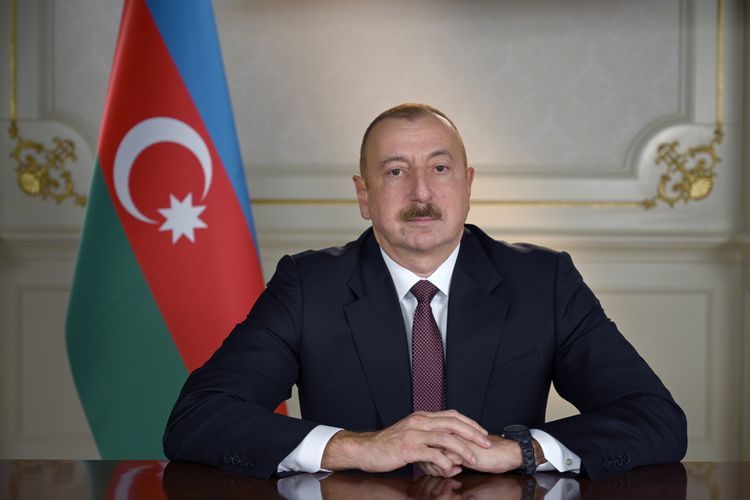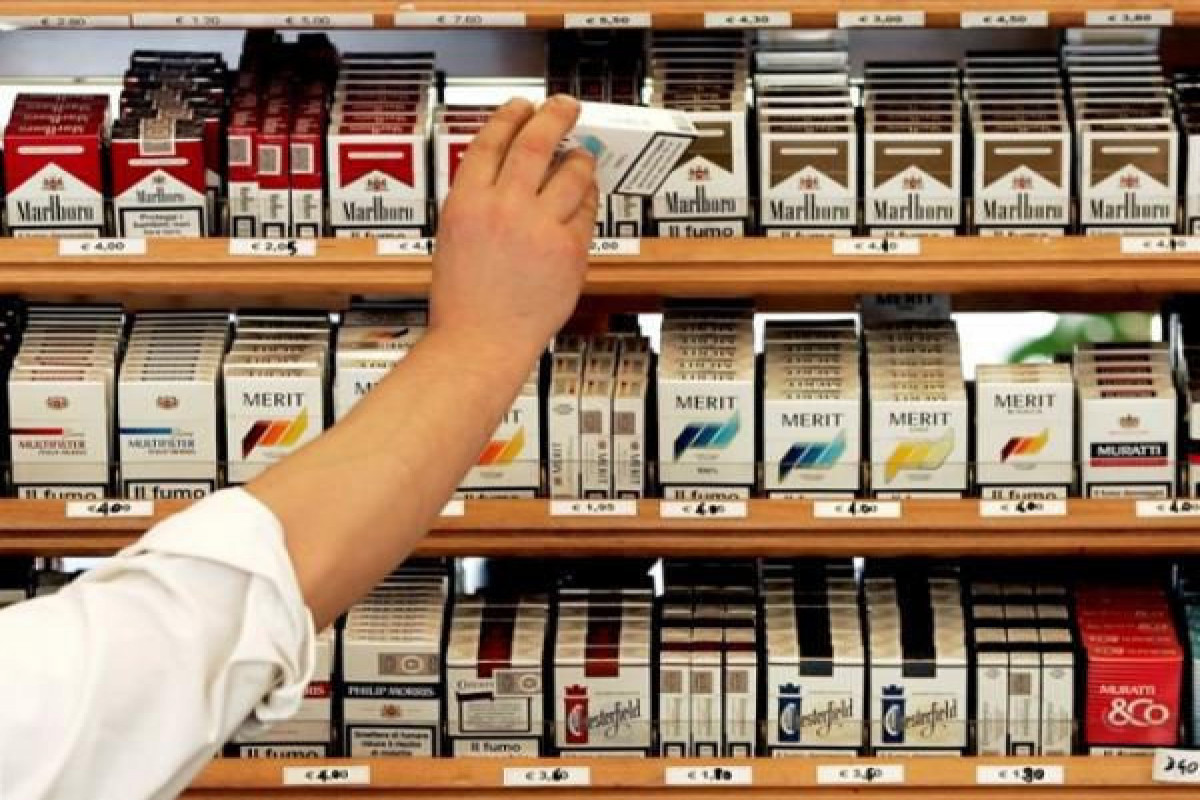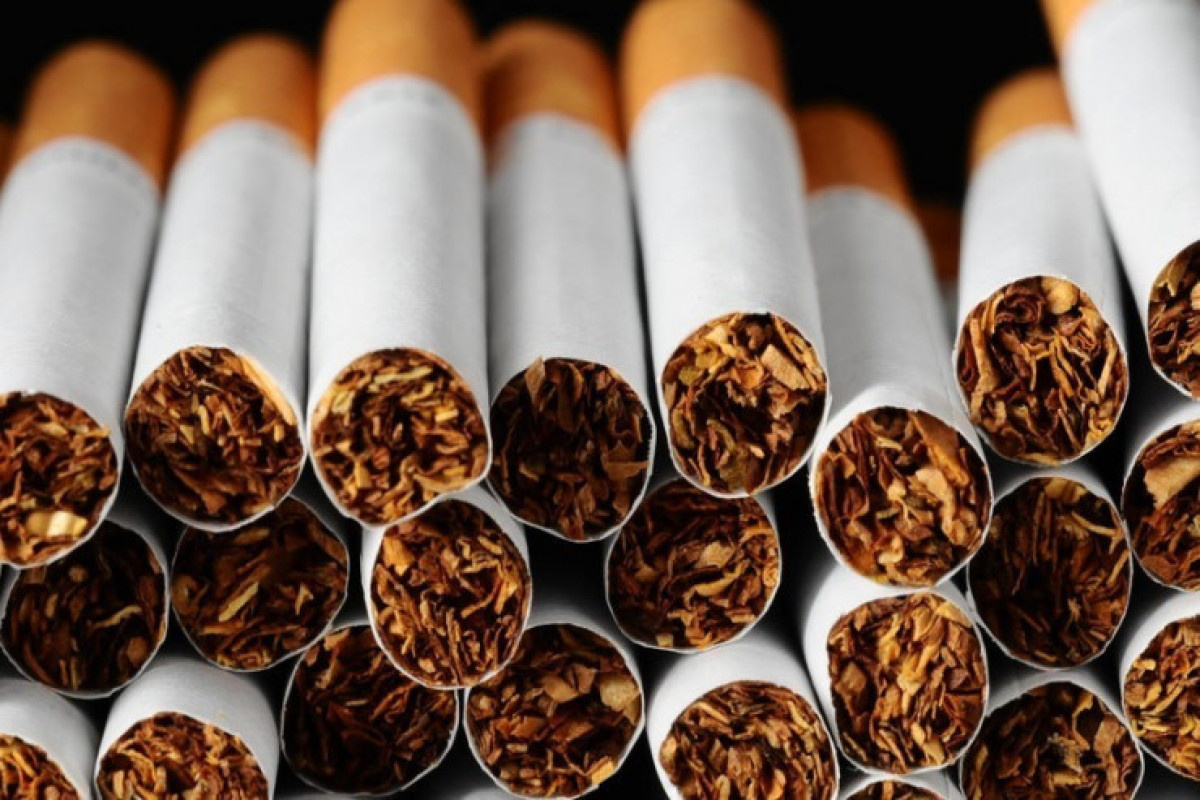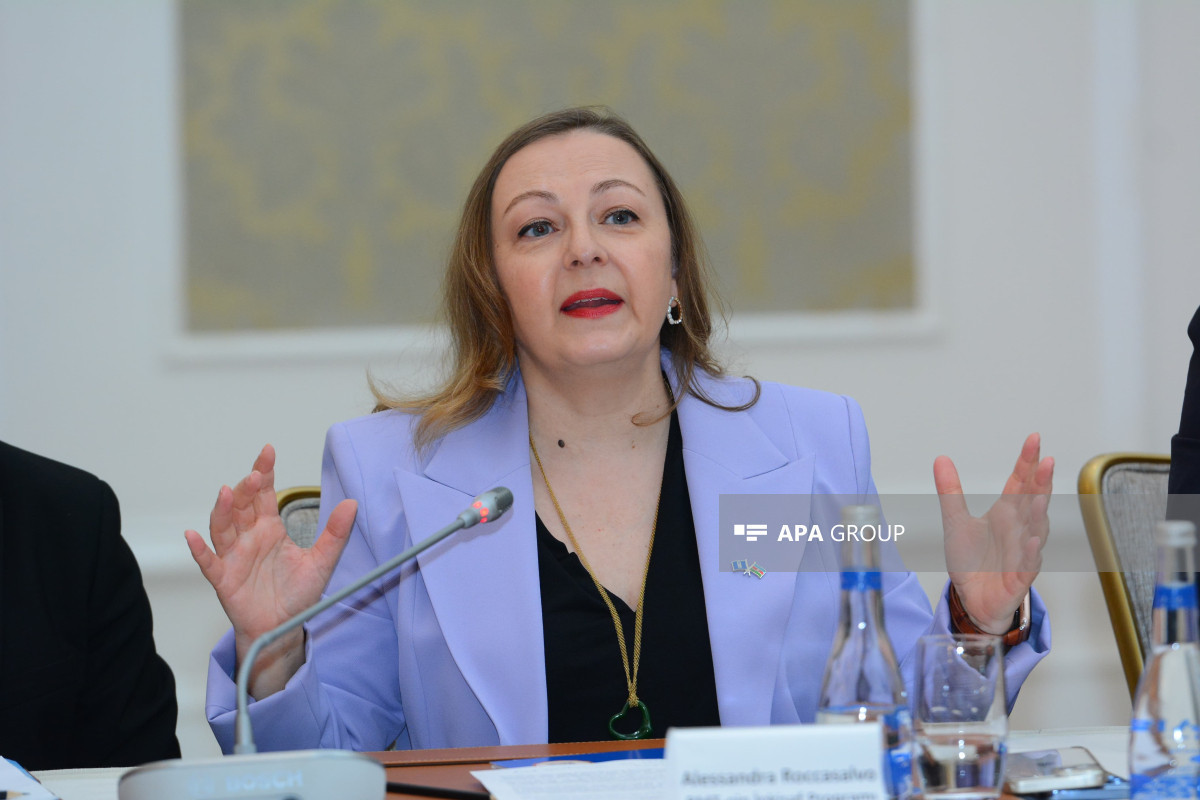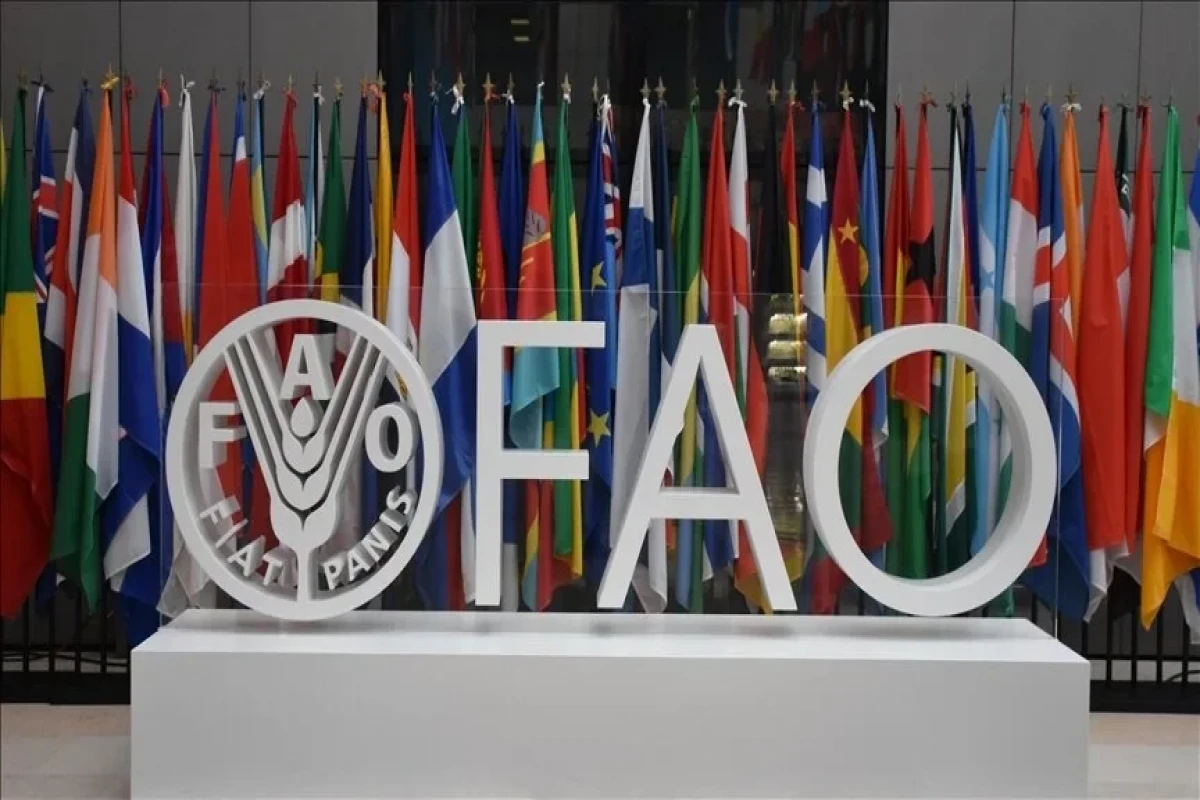"The development of agriculture in the liberated lands must be systematic and the government, the Ministry of Agriculture and the Ministry of Economy must identify priorities from the very beginning," said President of the Republic of Azerbaijan Ilham Aliyev at meeting in a video format on the results of 2020, APA reports.
"First of all, what crops should be planted to ensure food security. The liberated lands have great potential in both crop and livestock production. There are very large pastures in Kalbajar and Lachin districts. During the Soviet era, grain and cotton growing, viticulture, tobacco and cocoon growing, horticulture and animal husbandry were widespread in the liberated lands. We must take into account that we now have new technologies. For example, last year we achieved a record in cotton growing, especially if we take into account the fact that four to five 5 years ago, when the state seriously tackled cotton growing, the yield per hectare was about 14-15 quintals. We gradually increased the yield to 33.5 quintals. I can say that during the Soviet period, especially in the 1970s and early 1980s when cotton growing was developing rapidly, more than 30 quintals were harvested for two or three years. But this is not the limit. I looked at the list of districts engaged in cotton growing. Productivity is very low in several districts and the sown areas are very small. So you have to look again. For instance, in Samukh, Jalilabad and some other districts, the sown areas are less than 1,000 hectares, so perhaps we should not try to develop cotton growing there at all, because productivity is very low. We can use these lands for other agricultural purposes.
As for the liberated lands, we must do our work in a planned manner. First, food security. Second, we need to increase our export potential. We must diversify our export potential here as well because the recent ban on tomato exports to Russia was very unexpected for us, of course. I remember the Russian side appealing to us a few years ago – at that time, sanctions were imposed on Russia. They asked us to increase Azerbaijan's agricultural exports to Russia. It was after that that there was a very significant increase. If we compare the export of tomatoes to Russia from four to five years ago and last year, we will see a huge difference. If that ban had not been imposed – although a part of that ban has already been lifted – our exports would have reached 200,000 tons last year. But you and the government know these figures quite well. They were lower four to five years ago. In other words, we need to review our agricultural exports. We must look for new markets to avoid such unpleasant situations and increase the range of agricultural products. We must enter new markets, provided that traditional markets remain. I think that agriculture can develop very seriously in the liberated lands, especially in the field of horticulture. Fruits are accepted in any market. Given the climate of our traditional markets, of course, no other fruit can compete with ours.
As for vegetables, there are greenhouses now. However, we have a favorable climate here, and our vegetables are better and cheaper, of course. At the same time, local products can compete with our vegetables in traditional markets, but no-one can compete with us in horticulture and fruit production," noted the head of state.


